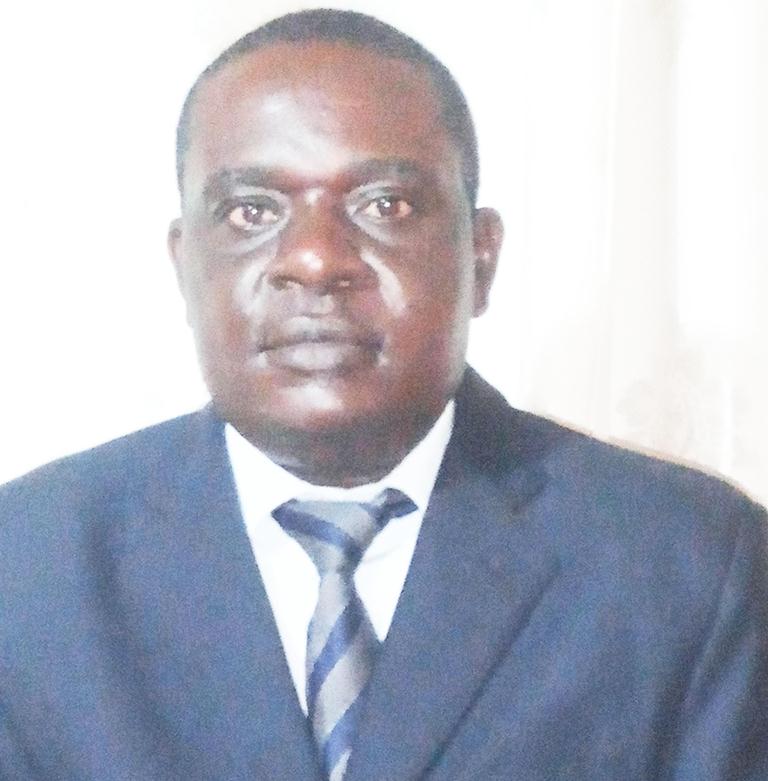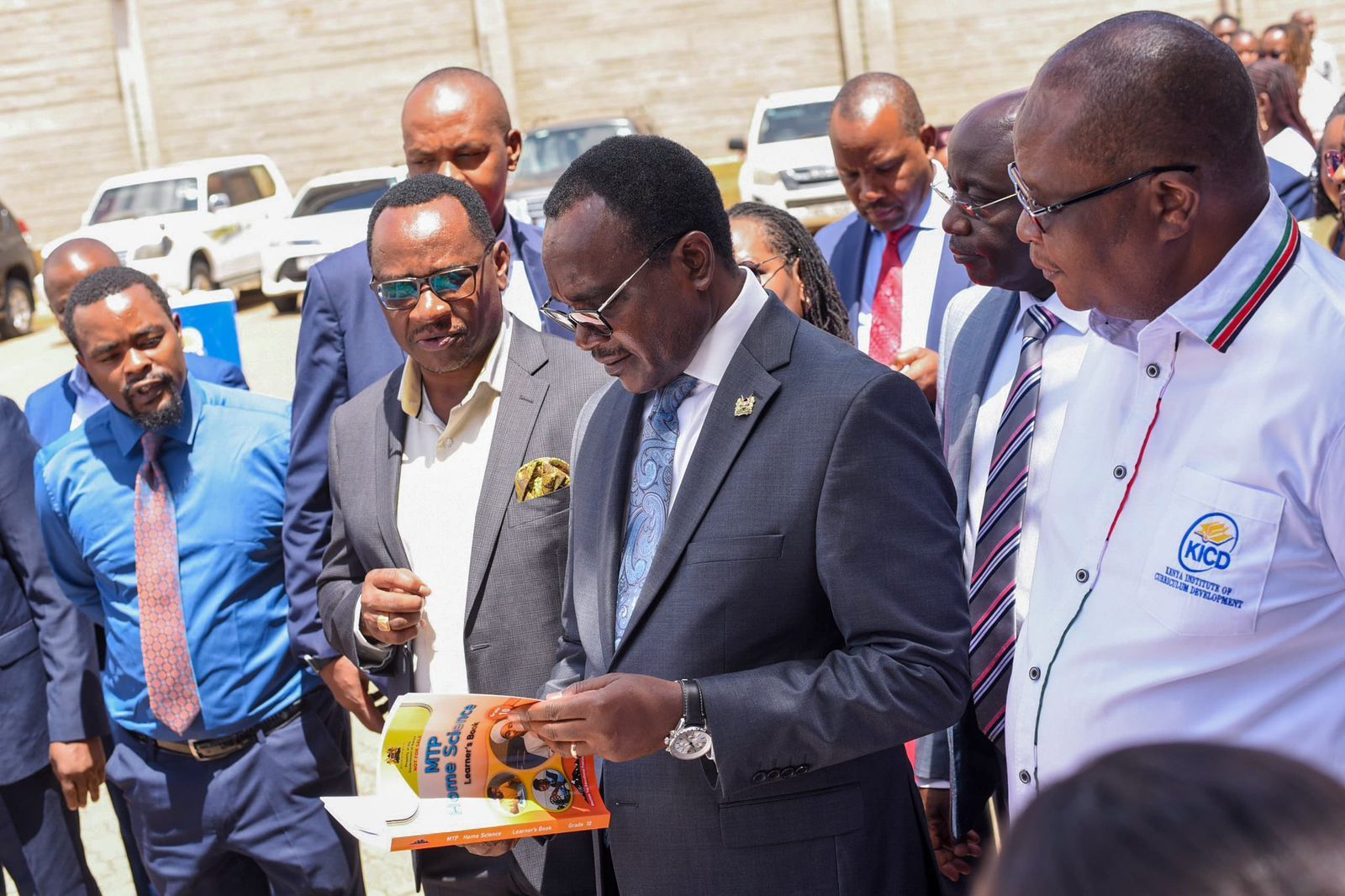By Diperius Wanyonyi
diperuswanyonyi@gmail.com
The government is yet to come up with a tangible solution to the numerous cases of students’ unrests that have been witnessed in the recent past. Kenyans are still grappling with this issue despite the many government policies that have been put in place hence leaving room for more questions than answers.
What many don’t realize is that the best people to offer solutions to the challenges in our education sector are educationists since they have pursued education as a profession and they practice the same. It’s the educationists who spend lots of time in these schools and understand the situation better hence any time a teacher is left out or has a feeling of being at the periphery during policy formulation, the whole process becomes doomed.
The modern teacher is an intellectual who is and well-schooled. He/she is well grounded in content and professional training due to liberalism in higher education. As a result of this, he/she prefers acknowledgment and recognition not only in the classroom but also in the education process.
In contrast, during the colonial period, many schools were under missionaries and teaching was not yet bureaucratized and no special arrangements existed to regulate entry into the profession. During that time, due to the low level of literacy, for one to teach, he/she needed to have sufficient literacy to teach reading, writing and basic arithmetic.
In addition, we had two categories of teachers: pupil teacher (with no formal training) and certified teacher (one year training). Those who taught were expected to be men and women of high moral standards who conducted themselves in a religious manner hence there was a close association between teaching and religion. Teachers were expected to place a relatively low emphasis on economic values; they weren’t expected to fight for better working conditions. Religious motives were to be held as the main source of their inspiration and motivation to work rather than their material rewards. In those olden days, policy formulation in the education sector was done by missionaries and the colonial state.
An attitude towards teachers as a class with jurisdiction of practice and authority was barely evident as teachers were sternly controlled by the missionaries or the colonial government. This can be attributed to low levels of education and training hence it’s right to argue that teaching was an occupation and not a profession during this time.
Prior to independence, Makerere College in Uganda trained teachers of Diploma in Education qualification to teach in secondary schools. Shortly after, Kenyatta College was introduced in 1965 and Kenya Science Teachers College introduced in 1966 to train S1 teachers. Kenya Technical Teachers College was introduced in 1977 to train teachers in technical subjects at Diploma level.
Years later, Makerere University College and the University of Nairobi College started training graduate secondary teachers with Bachelor of Arts /Bachelor of Science qualification. After the bachelors degree, one would then undertake a post-graduate diploma in education.
In 1970, the post graduate diploma in education was changed into the Bachelor of Education professional degree qualification. The programme was expanded with the establishment of Kenyatta University College in 1972. Currently, there are over 60 public and private universities countrywide offering different programmes in teacher education. Other than that, the Teachers Service Commission has put in place entry regulations to ensure high standards in the education sector and as a result of this, the current teacher can be regarded as a highly trained professional.
The main problem facing our basic education sector is that teachers, who are the technical experts in the said area, are forgotten when it comes to policy formulation and implementation matrix. Non-teachers are at the helm of everything, swinging in arm chairs and talking as if they are all knowing in matters of education while teachers are treated as outsiders who are only brought in at the tail end of the implementation process.
The other problem is that everybody imagines that he is knowledgeable when it comes to teaching, learning and education management. This is in contrast from other fields like medical practice where experts are left to do their work as others look on.
Succinctly, the state and its education agencies should genuinely consult teachers before coming up with obnoxious policies. It’s impossible to get a solution for the modern parent and child from retirees and pensioners who have failed to learn from history. Some in the so called old school believe that the cane is the panacea to school unrest and they forget that corporal punishment is unconstitutional and against the Basic Education Act 2013.
The state should engage teachers in a fact finding mission and ultimately come up with solutions to the causes of school unrests and other challenges.
Diperius Wanyonyi is a Ph.D Candidate at Moi University Department of History, Political Science and Public Administration. He is also a researcher and author.






